
Is it safe for individuals with psoriasis or eczema to get a tattoo, considering the possibility of the Koebner phenomenon?

Is it safe for individuals with psoriasis or eczema to get a tattoo, considering the possibility of the Koebner phenomenon?

Take 5 minutes to catch up on Infection Control Today®’s highlights for the week ending April 23, 2023.

How is infection prevention different in dental offices from other health care facilities? Experts explain.

Unlike hospitals, ambulatory settings have traditionally lacked adequate infrastructure and resources to support infection prevention and monitoring.

Bug of the Month helps educate readers about existing and emerging pathogens of clinical importance in health care facilities today.

Numerous pathogen outbreaks have been from the water in medical facilities. So what are the dangers, and what can infection preventionists do to prevent morbidities and mortalities from occurring?

Central line-associated bloodstream infections (CLABSIs) or catheter-associated urinary tract infections (CAUTIs) have been increasing since the beginning of the COVID-19 pandemic. What is the IP's role in preventing them and the mortalities that sometimes accompany them?

How does someone become an infection preventionist or an epidemiologist? And how does the person continue to grow in their profession? Isis Lamphier, MPH, CIC, explains.

Please meet the 2023 Infection Control Today Editorial Advisory Board.
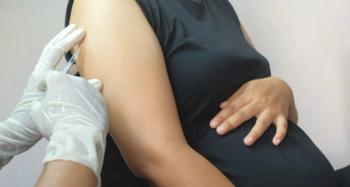
Dapivirine Vaginal Ring is a form of HIV prevention in cisgender women during pregnancy approved in several African countries and recommended by the WHO.
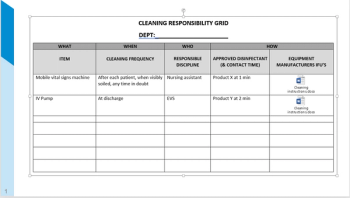
Doe Kley, MPH, RN, CIC, LTC-CIP, T-CHEST, does a deep dive into what the key priorities infection preventionists and environmental hygienists should focus on in 2023. This is the first of 3 installments.
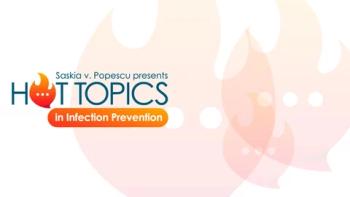
Week of March 1, 2023, Saskia v. Popescu, PhD, MPH, MA, CIC, discusses the hottest topics in infection prevention and control. This week it is the Marburg Virus, COVID-19 origins, and avian (bird) flu.
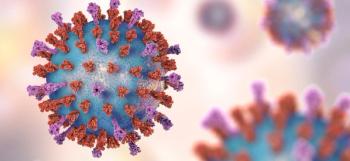
Post-COVID-19 immune dysfunction is supported by epidemiological, clinical, and laboratory evidence. Attributing, with little to no evidence, that masking and lack of exposure is the primary driver of increases in bacterial and viral infections discourages critical interventions needed to stop the spread of disease.
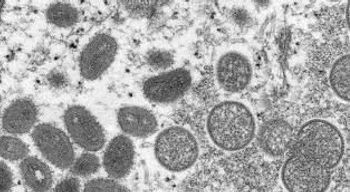
Mpox (formerly “monkeypox”) is endemic in certain African countries but was rarely reported in the Western world until recently.

The Conference on Retroviruses and Opportunistic Infections 2023 has research in COVID-19, mpox, hepatitis, and other viral infections, plus networking, and even Anthony Fauci, MD, speaking on his legacy.
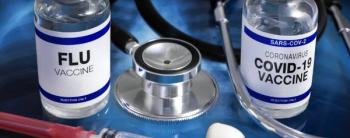
The triple epidemic or “tripledemic” of influenza, COVID-19, and respiratory syncytial virus (RSV) may have peaked. What caused the confluence of these viruses to start, and how can we stop it from happening again?

These treatments were reviewed in a real-world application to evaluate their effectiveness in preventing recurrences.

Experts from around the world shared new data about cryptococcus at the recent International Conference on Cryptococcus & Cryptococcosis (ICCC) in Uganda.

A new study shows antibiotics are not the only widely used pharmaceuticals that can induce the emergence of treatment-resistant bacteria.
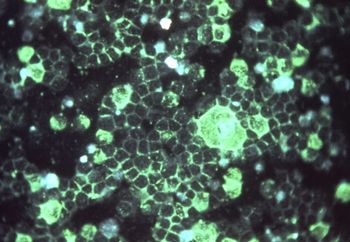
Could live attenuated vaccines and intranasal vaccines be the answer for RSV, COVID-19, and even cancer tumors?
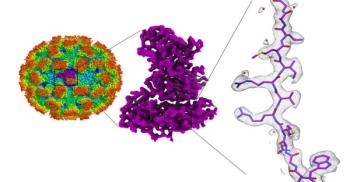
Are norovirus cases going to skyrocket, or will the pandemic slowdown of this infectious disease continue?